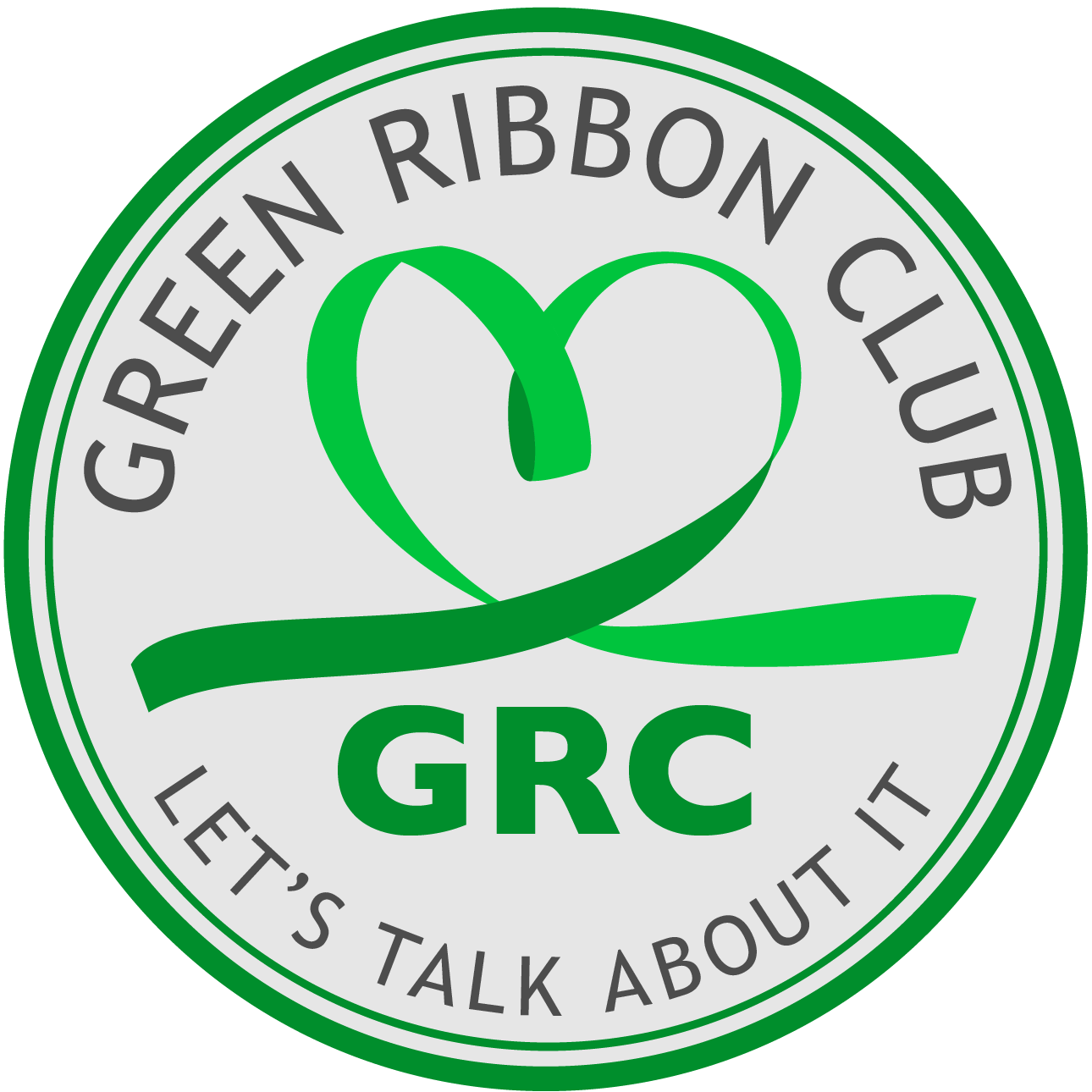
Thank you so much for your support and donations to Green Ribbon Club over the years. With your assistance,
we’ve been able to reach thousands of young people, change policy, establish mental health programs in high
schools and colleges, and most importantly, save lives.
With the challenges from COVID-19 and students fluctuating between remote learning and on-campus learning, we
have decided to identify an organization with greater capacity and resources to help young adults manage their
mental well-being during these unprecedented times.
Green Ribbon Club will be sending our operating proceeds and donations to the National Alliance on Mental
Illness (NAMI) California, who will continue our mission to bring awareness and support to the mental health
needs of so many people across the world. We will officially be closing our operations and non-profit status as
of December 31, 2021.
We want to personally thank you for being part of our incredible journey. We encourage you to become a member of
NAMI and continue your journey of supporting this important cause.

